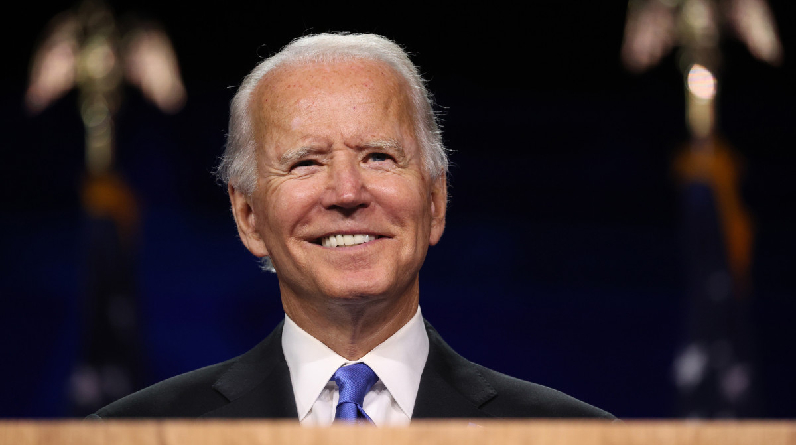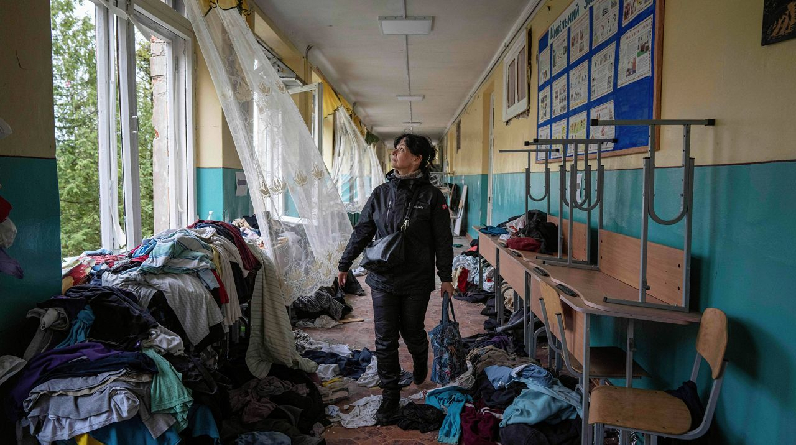A person’s concern for the environment increased with her level of education across the 47 countries surveyed by the 2005-2008 World Values Survey. When asked to choose between environmental protection and economic growth in the 2010-2012 World Values Survey, those with a secondary education sided with environmental protection more often than those with an elementary education did.
The percentage of people who disagree that people worry too much about the environment increased from 25% of those with less than a secondary education to 46% of those with a tertiary education, according to data from the International Social Survey Programme on 29 mostly high income countries.
Those who take the time to educate themselves are more likely to take measures to safeguard the planet.
Higher-educated people are more likely to care about environmental issues and to take action to promote and support political decisions that do so. Putting governments under such pressure is crucial for achieving the type of legally binding agreement required to reduce greenhouse gases and control emission levels.
Those with higher levels of education were more likely to have taken action in the past five years to protect the environment, whether that action was signing a petition, donating money, or taking part in a protest or demonstration. This was true in nearly all countries represented in the 2010 International Social Survey Programme. In Germany, the percentage of people who had taken such political action ranged from 12% among those with no formal education to 26% among those with some college.
According to the results of the United States’ Global Warming Citizens Survey, respondents with a higher level of education were more likely to be activists in terms of policy support, environmental political participation, and environmentally friendly behaviour.
The recycling of household waste and reduced consumption of both energy and water are two positive outcomes of education.
Especially in regions where resources are scarce, education can motivate people to lessen their negative effects on the environment by making better use of the limited energy and water that they have. Farmers in China’s semiarid regions who had access to education were more likely to implement water conservation measures like rainwater harvesting and supplementary irrigation.
Water purification techniques, such as filtering and boiling, are more common in homes where someone has completed some level of formal education. Even after controlling for household wealth, in urban India, the probability of purification increased by 9% when the most educated adult had completed primary school and by 22% when the most educated adult had completed secondary school.
As people in high-income countries are pushed to reduce their environmental impact through reduced consumption and other means, such behaviour assumes greater significance. Even after accounting for household income, those with higher levels of education in the Netherlands have been found to use less energy at home. The study found that in 10 OECD countries, higher education levels were associated with water conservation practises at home; in Spain, similar results were found.
But education is not a magic bullet. It requires the backing of world leaders.
In light of the mounting evidence that human activity, particularly the emission of greenhouse gases, has contributed significantly to environmental degradation and climate change, it is imperative that we focus on education and fully realise its potential. When it comes to protecting the Earth and its ecosystems, we have much to learn from one another. The concept of lifelong education is highly relevant in this context. Education for global citizenship and sustainable futures is explicitly prioritised in one of the new education targets in the new Sustainable Development Agenda, further supporting this trend.
See Also: An increase in the retirement age in France has sparked increased protests
However, it is common knowledge that altering long-held customs and beliefs takes time and effort. Time is needed to complete formal and informal educational programmes. As a result, we should consider it our civic duty to share our perspectives on these global issues with the world’s political leaders at COP21. There is an unprecedented urgency in which we must all respond to the multiple threats posed by environmental degradation and climate change.
Help one another bring about positive change.
Several of the new sustainable development goals can be traced back to issues of power, pollution, waste, and human consumption and way of life, as well as the health of ecosystems. For us at the GMR, education is the glue that binds together all of these specific goals. The 2016 Global Education Monitoring Report (GEM Report) will examine the opportunities presented by and realised by education, as well as argue for more holistic approaches to development planning. Here’s hoping the world leaders meeting in Paris today feel the same way.








